Mediterranean Diet – Dieta Mediterrãnica – Intangible culture – Tavira exhibition
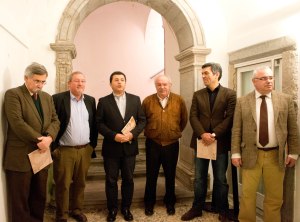
On Saturday 23rd February 2013, Jorge Botelho, Mayor of Tavira, launched the exhibition, Mediterranean Diet – Dieta Mediterrãnica, at the Palácio da Galeria. The exhibition runs until May 2014. The exhibition explores the intangible cultural heritage of human health and nutrition found in the Mediterranean diet.
This is a timely exhibition aimed at a variety of audiences. Only this week, another report has credited the Mediterranean diet, with reducing heart attacks and strokes.
According to the New York Times “About 30 percent of heart attacks, strokes and deaths from heart disease can be prevented in people at high risk if they switch to a Mediterranean diet rich in olive oil, nuts, beans, fish, fruits and vegetables, and even drink wine with meals, a large and rigorous new study has found”. The findings, published on The New England Journal of Medicine website, were based on the first major clinical trial to measure the diet’s effect on heart risks. The magnitude of the diet’s benefits startled experts. The study ended early, after almost five years, because the results were so clear it was considered unethical to continue.”
Tavira as the community representative for Portugal is involved in a Transnational project to gain recognition from Unesco, for the Intangible Cultural Heritage of Humanity, that is the Mediterranean diet. The Application also involves Spain, Italy, Greece, Cyprus, Croatia and Morocco because of the shared common heritage.
“Mediterranean Diet” comes from the Greek term díaita meaning lifestyle. Over the past three thousand years, around the Mediterranean, human societies have developed a way of life, passed down from generation to generation, which integrates diverse systems of knowledge and agricultural production techniques, navigation and fisheries, symbolic rituals, cyclical festivities, sociability and a balanced and healthy food model, already recognized by UNESCO (2010) and the World Health Organization.
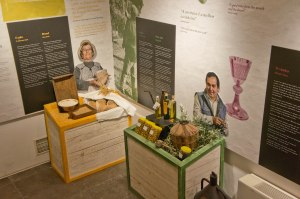
The exhibition intends to show how the Mediterranean is so much more than just a sea or a geographical location. It is a way of seeing, thinking and acting. The area enjoys a temperate climate with hot dry summers, strong light and relatively mild winters. The Mediterranean has for centuries been a gathering place for ancient civilisations, creating a particular way of life. The culture of food reflects a system of values that overlap into symbolic and religious traditions, in the sacred, symbolic rituals, fasting, prohibitions, restrictions, processions, offerings, purifications, fertility and harvesting ceremonies.
The Algarve is “the amphitheatre” that faces south, protected by hills and is strongly influenced by the Mediterranean climate. The area has developed a non-irrigated cultural harvest of cork trees, olive carob, trees and almond trees, along with vines, herbs, some cereals, kitchen gardens, animal husbandry, salt flats, wildflowers and bees producing luscious dripping honey.
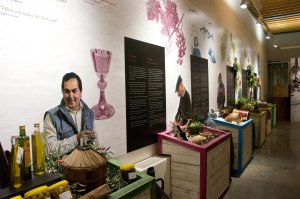
The history of Tavira and the cultural practices of its inhabitants are deeply connected to the Mediterranean. There are rich landscapes, extensive lagoon areas, orchards of citrus, rivers and valleys with small agricultural villages. Throughout the last millennium, the area has achieved a balance between humans and nature within interdependent rural communities. Seasonal migrations and agricultural work cycles based upon the seasons of the year are similar throughout the Mediterranean area. In Tavira the alarm still sounds at 1pm to tell agricultural workers that they can down tools for lunch.
This exhibition shows how the Mediterranean diet represents the balance between humans and nature and this is characterised by locally produced, simple, fresh seasonal products. The images are of stall holders who bring their produce to market.
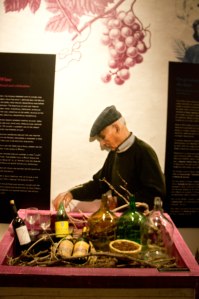
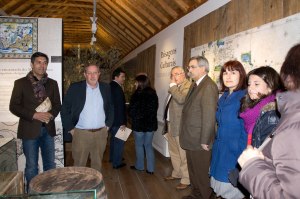
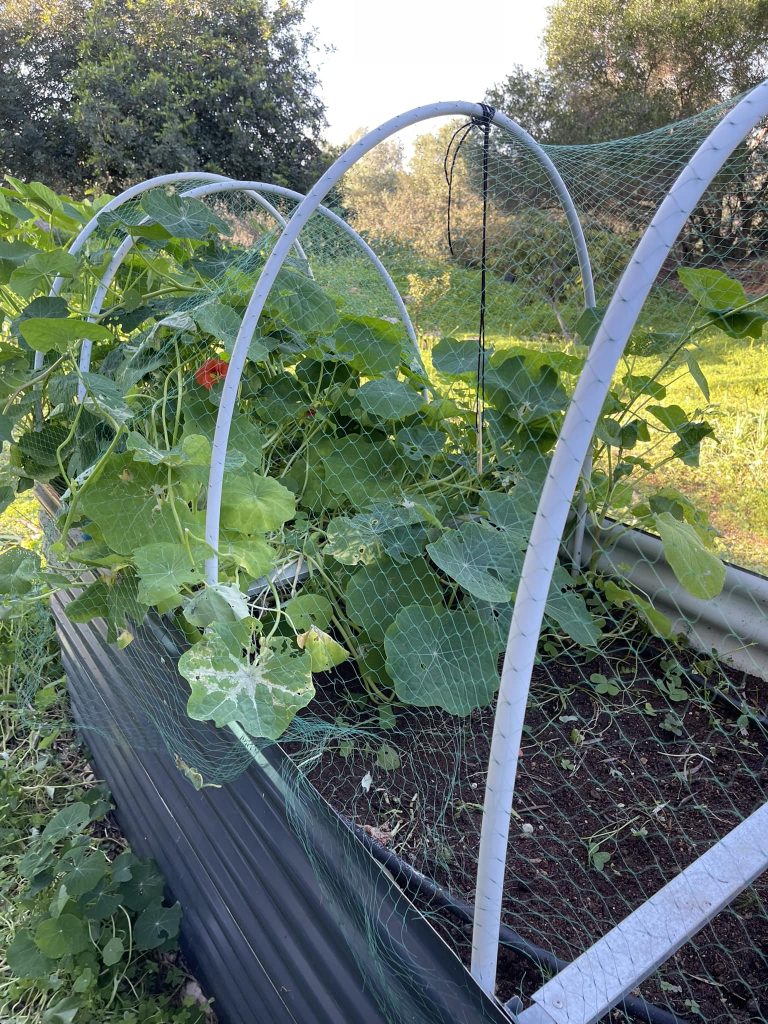
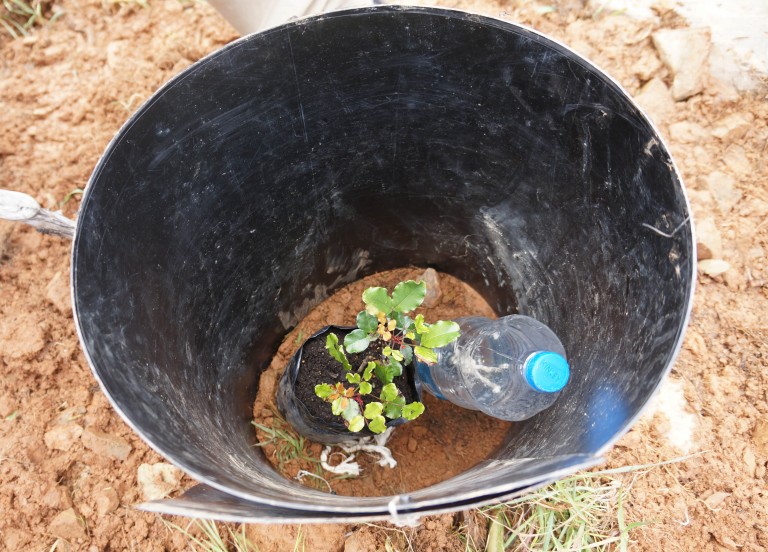
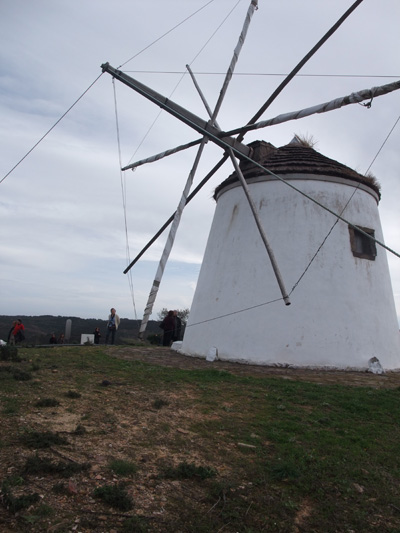
Hi, I check your new stuff like every week. Your humoristic style is witty, keep it up!